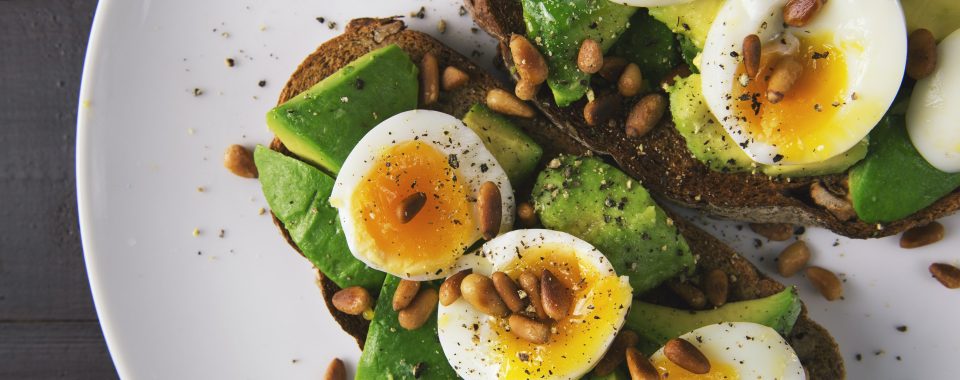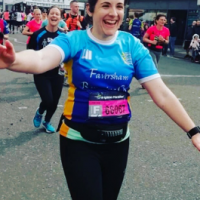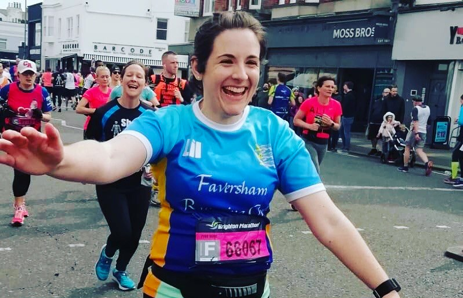Making sustainable, positive changes
There is a huge amount of nutrition information available on the internet, tv and magazines. Most people interested in exercise generally have a good idea about what they should be eating to optimise health. Putting it into practice, however, can take a lifetime to get right. Here I will summarise some key tips for eating well and how you could work on looking at what you eat at the moment and making sustainable, positive changes if you need to.





